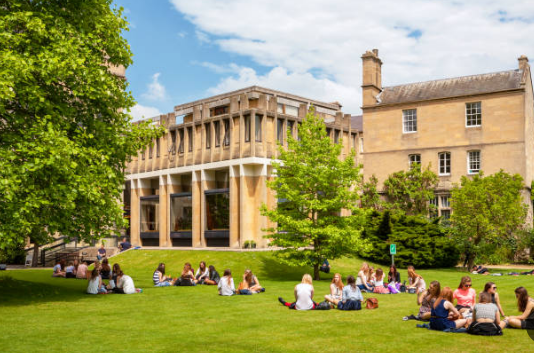Introduction Managing Money and Living Wisely: Essential Tips for UK Students
Embarking on the journey of higher education is not only an academic pursuit but also a step into newfound independence. For students in the United Kingdom, this transition comes with the responsibility of managing finances and navigating the costs associated with living away from home. In this essay, we will explore essential money and living tips to help UK students make informed decisions, maintain financial stability, and enjoy a fulfilling university experience.
Budgeting: The Foundation of Financial Success
Creating a budget is the first and most crucial step in managing money effectively. Begin by listing your sources of income, which might include student loans, part-time jobs, or parental support. Then, allocate funds for essential expenses such as accommodation, tuition fees, groceries, transportation, and utilities. Afterward, set aside a portion for savings and leisure activities. Regularly tracking your expenses against your budget will help you identify areas where you can cut back or adjust.
Smart Accommodation Choices
Accommodation costs are a significant expense for students. While university halls of residence offer convenience and a sense of community, exploring private accommodation options such as shared flats or houses can often be more cost-effective. Consider factors like location, rent, utility bills, and the condition of the property before making a decision.
Cooking and Meal Planning
Eating out frequently can strain your budget. Learning to cook simple, nutritious meals at home can significantly reduce food costs. Create a meal plan, make a shopping list, and buy groceries in bulk to save money in the long run. Additionally, participating in communal cooking with housemates can foster a sense of camaraderie and allow you to share the expenses.
Transportation Strategies
Using public transportation or walking can save you a substantial amount compared to owning a car. Many cities in the UK offer discounted student travel cards or passes, which provide unlimited travel on buses and trains. Opting for a bicycle can also be an eco-friendly and cost-effective mode of transportation.
Second-Hand Shopping and Thriftiness
When it comes to clothing, textbooks, and other items, explore second-hand options before purchasing brand new. Charity shops, online marketplaces, and campus notice boards often offer items at significantly reduced prices. Thriftiness not only helps you save money but also promotes sustainable consumption.
Part-Time Employment
Balancing part-time work with studies can be challenging, but it can also provide you with valuable experience and an additional income stream. Universities often have job boards listing on-campus and local part-time opportunities. Remember, though, that academics should remain your top priority.
Entertainment on a Budget
Having fun doesn’t have to be expensive. Look out for student discounts on movies, museums, theaters, and local attractions. Joining student clubs and societies can provide low-cost or free entertainment options, as well as opportunities to meet like-minded individuals.
Building Credit Responsibly
As a student, you may be eligible for credit cards with low limits or special offers. While credit cards can be useful for emergencies and building credit history, it’s important to use them responsibly. Always pay off your balance in full each month to avoid high-interest charges.
Emergency Fund and Savings
It’s advisable to set aside a portion of your income into an emergency fund. This fund acts as a safety net for unexpected expenses like medical bills or unexpected travel. Additionally, starting a savings account for future goals like travel, post-graduation plans, or further studies can help you build financial security.
